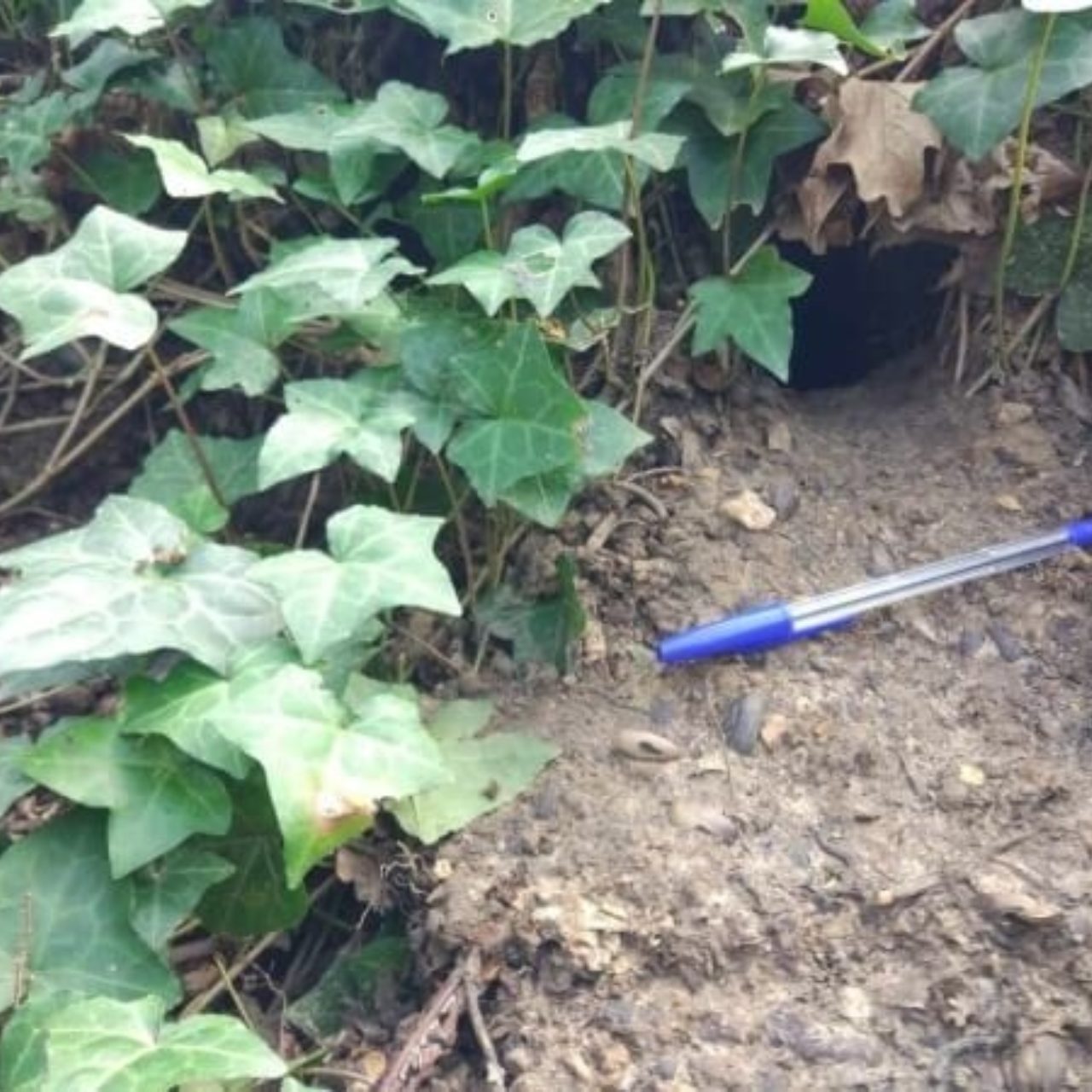
Water Vole Surveys

Water Voles & the Law
Water Voles are small semi-aquatic mammals living close to freshwater. They live in waterside burrows within banks and utilise the water’s edge and water itself for feeding and movement along the river. They have suffered a dramatic decline in the last century primarily as a result of damage to bankside vegetation and habitat loss. Predation has also played a significant role, particularly by invasive American Minks, which are able to enter Water Vole burrows to hunt them. Other threats include urbanisation, fragmentation of Water Vole habitats, water level variation (flooding or drought events), water pollution and persecution (such as from rodent poisoning, particularly in urban areas).
Water Voles have been lost from 90% of sites where they were present a century ago. Since 1998 they have been fully protected under the Wildlife and Countryside Act (1981). This makes it an offence to kill or injure Water Voles as well as disturb them in/or destroy their place of shelter or rest.
Typical habitat
Water Voles can be found in most waterways including rivers, canals, ditches, streams and ponds. They prefer slow-flowing water with levels that don’t fluctuate a lot and natural river banks for them to construct their burrows. In addition, they require well-vegetated riparian habitat with grass, rush, sedge or reeds and a small amount of woody plants (especially willow, hawthorn or elder that is eaten in the winter months); however they will generally stay within a few metres of the water’s edge.
Phase II Water Vole surveys
If potential habitat is identified for Water Voles, Phase II Water Vole surveys may be carried out in April to October to search for evidence of their presence. Typical evidence includes:
- Faeces - 8-12mm-long cylindrical pieces, often green, usually found in latrines
- Latrines – collections of droppings used to mark their range, often found close to burrows
- Feeding stations – remains of cut vegetation left in neat piles, usually near the water’s edge
- Burrows – holes with a diameter of 4-8cm in river banks at different heights (some may be under water)
- Lawns - areas of grazed vegetation, often found near burrows
- Footprints
The survey range to be surveyed may be dependent on the amount of habitat to be impacted, but will often extend beyond the boundaries of the site. Surveys should not be carried out if it has recently rained as evidence can be lost during this time.

Water Voles & development
Water Vole habitat and/or resting places shouldn’t be disturbed during development, if possible. However, if this is unavoidable, a Water Vole licence will need to be granted by Natural England and a detailed strategy of mitigation and compensation implemented. Ecosupport can create an appropriate Water Vole mitigation and compensation plan to get an application through planning and to advise a licence application.
Our experience
Ecosupport has teams of surveyors trained and skilled at completing Phase II Water Vole surveys and experienced ecologists to create a suitable mitigation strategy. We can design a plan to ensure that site development can continue without causing adverse impacts to water voles. Please speak to one of our experienced ecologists about your site.




